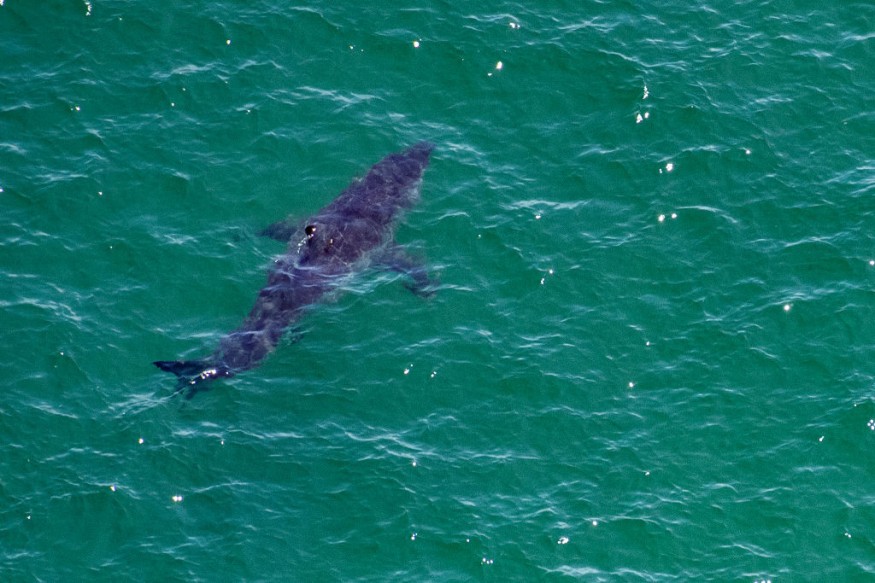
A recent study has found out that hundreds of great white sharks have moved away from their home off the Western Cape of South Africa towards the east to ensure their survival.
Experts said that the movement of these great white sharks could be linked to the predation of killer whales as these marine mammals have a taste for shark livers.
It has been discovered that apex predators have been preying on these white and bronze sharks.
Findings of the study
White sharks or the Carcharodon carcharias in Southern Africa could be spotted across the Southwest Indian Ocean and undertake extensive coastal and offshore migrations.
Researchers said that in South Africa, several known large aggregation sites exist, such as the False Bay, Gansbaai, Struisbaai and Mossel Bay in the Western Cape and Plettenberg Bay and Algoa Bay in the Eastern Cape.
They noted that the factors causing the disappearance of the great white sharks at two major Western Cape aggregation sites have been the subject of much debate within scientific and stakeholder communities, presenting no clear direction for management authorities who are responsible for white shark conservation.
According to the study, one alternative theory that was established on the disappearance of white sharks from False Bay and Gansbaai was the recent appearance of a pair of killer whales specializing in hunting large, coastal sharks.
The said killer whale pair was first documented in False Bay in 2015, preying upon sevengill sharks that coincided with their disappearance from a large aggregation site in False Bay. Further, the same killer whale pair were suspected of preying upon at least five large white sharks in Gansbaai in 2017,
The size ranged from 2.6 to 4.9 m total length.
"The number of predation events by killer whales is likely more frequent than documented, as not all white shark carcasses would have washed ashore and been recorded. In addition to the direct effects of predation, the indirect effect of predation (or the fear of predation) profoundly influences animal behavior," the study said.
Experts said that the significant effects of killer whales on white sharks has been evident in other areas.
Following these predation events, the great white sharks have fled the area and remained unseen for an extended period of time.
The study pointed out that even though it has been encouraging that there is no proof or evidence of a population decline for the great white sharks across the entire South African range, the evident changes in geographical distribution need to be closely monitored as these may have socioeconomic impact on cage diving activities.
These also have an effect towards tourism as well as risk of human-shark incidents and even ecosystem effects on the fish community structure.
Beach safety
The study said that the changes when it comes to shark movements would have an influence on beach safety.
The presence of sharks in various areas could have an influence human activities, particularly in popular swimming and water sports areas.
Researchers noted that adjusting existing shark management strategies might be necessary as distributions change.
They said that increased signage, temporary beach closures, or improved education about shark behavior might be needed to ensure the safety of beach goers.
Related Article : Great White Sharks Show Color-Changing Ability to Camouflage
Related Video:
© 2025 NatureWorldNews.com All rights reserved. Do not reproduce without permission.





